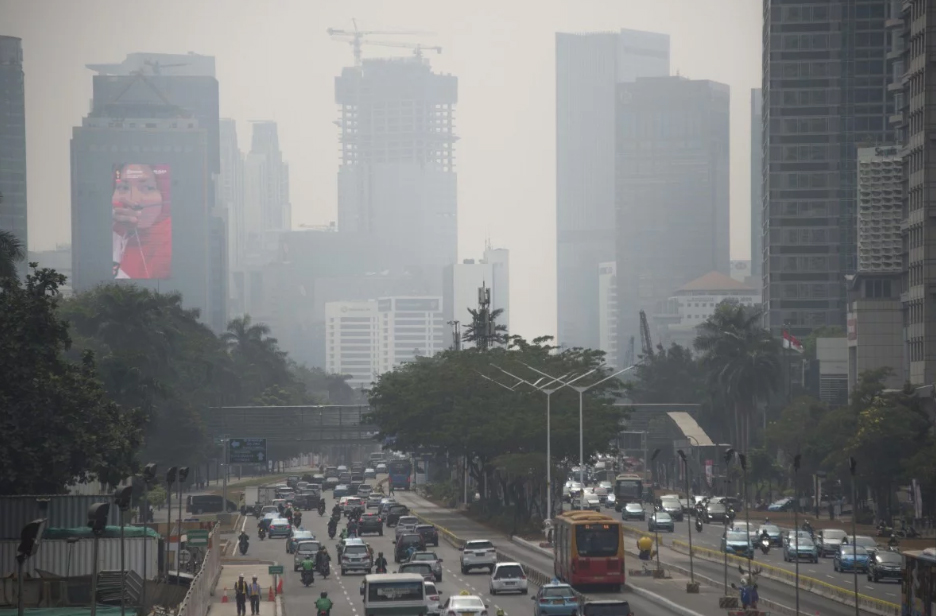JAKARTA -The Indonesian economy saw the latest in a series of diminishing contractions in the first quarter of 2021, staying on course for an economic recovery as the government kept up its fiscal support and ramped up the COVID-19 vaccination drive to allow people and businesses to bounce back from the pandemic. The country’s gross domestic product (GDP) contracted 0.74 percent year-on-year in the January to March period, Statistics Indonesia (BPS) reported on Monday.
The decline was less severe than the 2.19 percent annual contraction seen in the October to December period last year and fell within the government’s forecast range of a contraction between 1 and 0.1 percent. “It remains negative but far better than the previous quarters, showing that the economic recovery trend is unfolding as expected,” BPS head Suhariyanto told reporters during an online briefing on Wednesday.
The COVID-19 pandemic plunged the country into its first recession in over two decades in the April to June period of last year after the government imposed tighter mobility restrictions, especially in hard-hit economic centers like Jakarta. Although slower GDP growth in the first quarter of last year may have skewed the most recent figure, the improvement rides on the momentum of the COVID-19 vaccination campaign, the Rp699.43 trillion (US$48.4 billion) fiscal stimulus and a rebound in global trade.
Household consumption, the largest contributor to the country’s economy, contracted 2.23 percent in the first quarter from the year before. This was an improvement from the 3.61 percent annual contraction in the fourth quarter of last year as people returned to more typical economic activity, including in retail. Fixed asset investment, the second-largest contributor to GDP, also continued to improve with a yearly contraction of 0.23 percent, much less severe than the 6.15 percent contraction in the October to December period of 2020.
With increased fiscal support, state expenditure grew by 2.96 percent YoY, up from the 1.76 percent growth in the last three months of 2020. As of April 16, the government had spent Rp134.07 trillion, or nearly one-fifth of its annual National Economic Recovery (PEN) budget. Exports and imports grew 6.74 and 5.27 percent, respectively, from a year earlier. The rebound in trade occurred as Indonesia’s trading partners – particularly China – began recovering from the pandemic, which catapulted demand for Indonesian products.
State-owned Bank Mandiri, the country’s second-largest bank by asset value, forecast a 0.32 percent contraction in the country’s GDP in the January to March period, according to a preview note published on Tuesday. “The positive catalyst comes in particular from the COVID-19 vaccine rollout, the global economic recovery boosting exports and front-loading government spending,” Bank Mandiri chief economist Andry Asmoro wrote in the note.

